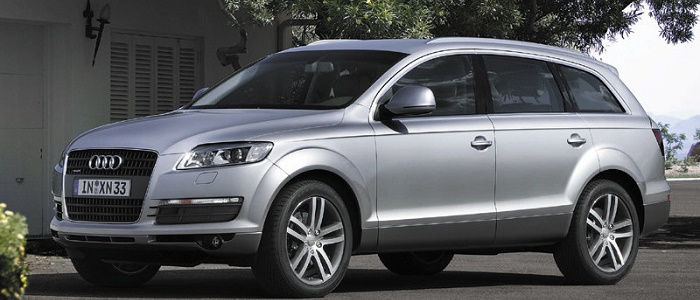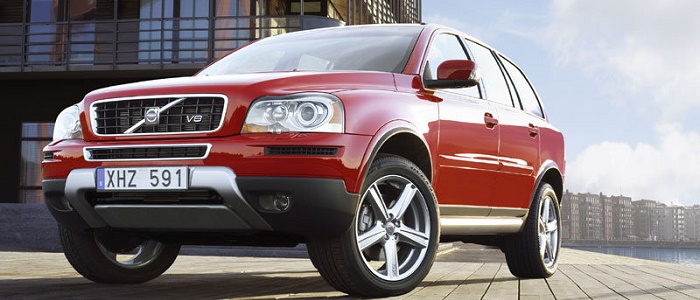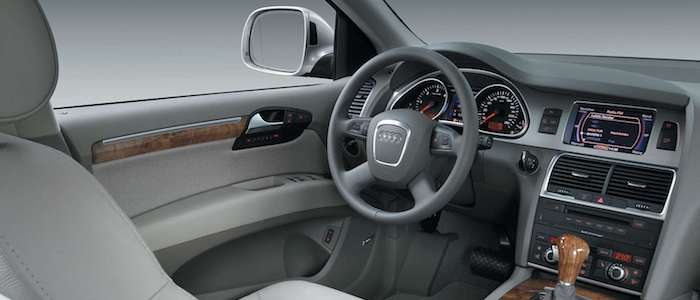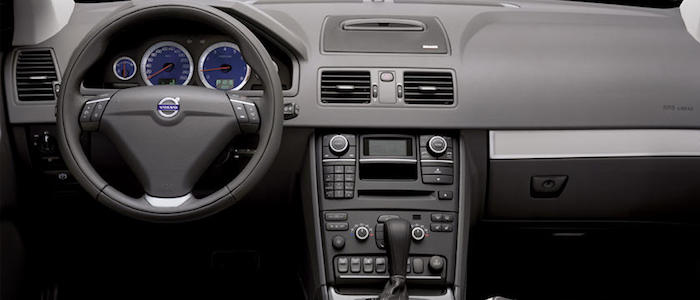Compare two cars
Compare any two cars and get our Virtual Adviser™ opinion
Dimensons & Outlines
Check vehicle history
Engine
Performance (manual gearbox)
Performance (automatic gearbox)
Expenses
Virtual Adviser's™ opinion
Two significantly similar cars, no doubt about that. Still, each one has something different to offer. Having both cars powered by diesel engines and utilizing the 5-door suv body style within the same 'SUV' segment, the only major difference here really is their wheel drive configuration (4 x 4 for the Audi and front in the case of the Volvo). The first one has a Audi-engineered powertrain under the hood, a 8-cylinder, 32-valves 326hp unit, while the other one gets its power and torque from a 5-cylinder, 20-valves 163hp engine designed by Volvo.
SafetyThe first thing to look into here would be the results from European New Car Assessment Programme (Euro NCAP) tests performed on the two cars. Good thing is that both vehicles got tested, with the Volvo being a slightly better choice apparently. That aside, let's consider some other aspects which affect safety. Both vehicles belong to the suv segment, which is generally a very good thing safety-wise, but that fact doesn't break the tie between the two cars. Furthermore, if we'd like to consider vehicle mass in this context too, which we definitely should, the German car offers a considerable difference of 19% more metal.
ReliabilityReliability is not the best thing to consider on the make level, but it is worth mentioning that Volvo does have a slight advantage, at least on all of the models level. These are the results of an independent reasearch, while our visitors describe reliability of Audi with an average rating of 4.2, and models under the Volvo badge with 3.2 out of 5. Some independent research have also placed Q7 as average reliability-wise, and XC90 is more or less at the same level.Above it all, drivers of cars with the same engine as the German car rank it on average as 4.5, while the one under the competitor's bonnet gets 4.3 out of 5.
Performance & Fuel economyAudi is way more agile, reaching 100km/h in 5.4 seconds less than its competitor. In addition to that it accelerates all the way to 236 kilometers per hour, 46km/h more than the other car. When it comes to fuel economy an obvious choice would be the Swedish car, averaging around 8.5 liters of fuel per 100 kilometers (33 mpg), in combined cycle. That's 31% difference compared to the German car!
Verdict
Audi appears just a bit more reliable, although the difference is truly marginal. The most important thing when deciding between any two vehicles should always be safety, both passive and active. In this case though, it seems that both cars show similar levels of passenger protection all together, so that won't break a tie. But one thing that actually could is the performance, with Audi outracing its opponent in any situation possible, making it better choice for boy racers. It does come at a cost though, and that's the fuel consumption... At the end, as much as I'd like to give you a winner here, it's simply a pure tie if you ask me. In any case that's my personal view, built upon all the data available to me. What should decide here though is the way you feel about the two vehicles, and I hope you'll find my guidelines useful in the process. I suggest you spend two more minutes in order to find out which car, based on your needs and budget, would be picked by the virtual adviser™, out of 12.000+ vehicles we currently have in our database.

































